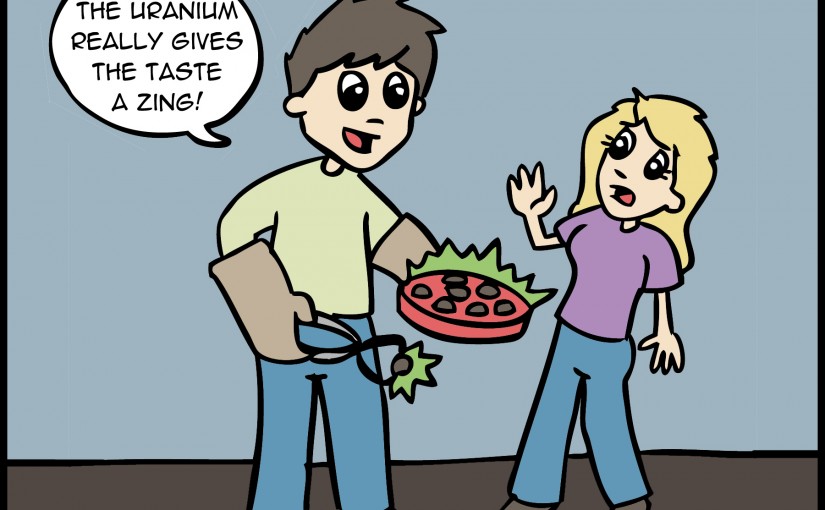If you make a mistake that happens to be dangerous, then this is a tremendous source of stress, and could cause you and others potential harm.
Although these occurrences are rare, it doesn’t mean they won’t happen to you. They may not, but if they do then you will wish you thought about them beforehand.
For each experiment you should do a risk assessment and think about what the potentially hazardous outcomes are. You don’t have to write an essay on it, but really bad things with small probabilities are worth thinking about beforehand. It reduces the risk of panic, which in turn reduces the risk of unpleasantness becoming disaster.
See Wet Lab Examples- Large bottles (or small containers) of dangerous chemicals can spill or smash.
- Lasers and radiation can inflict various degrees of harm
- People or animals could be injured during experimentation
See Social Sciences and Dry Lab Info
It is a mistake to assume that because you don’t use obviously hazardous materials that this guideline does not apply to you. Safety and ethics boards may disagree with your assessment, and even if you think they’re wrong, they can cause you serious problems. Any research that involves other people requires approval.
Get Practical Tips
- If you are still not sure about something, ask. It sounds obvious, but people hate asking. You just have to do it. It isn’t rude or stupid, and if the person takes exception to your question then they are socially defective. Feel sorry for them, and ask someone else.
- Make sure you have taken all the courses necessary to meet the required safety and ethics standards. If you have somehow slipped through the gaps, this is not an achievement. You are a danger to yourself and others, and a potential liability to the university. They won’t thank you for it.
Get Wet Lab Tips
- If you’ve spilled or broken something dangerous, don’t hide it or rush to clean it up yourself. You may need to tell someone what you did and what you think the best course of action is.
- When you start working with a new chemical, look at the accompanying data sheets. Make sure you are aware of the associated hazards.
Read Personal Perspective
I already had ethical approval for my project which involved getting members of the public to fill in a questionnaire about how they viewed politics. What I didn’t realise was that I also needed ethical approval to stick up posters asking people to fill in the questionnaire. This had never struck me as unethical, but the ethics board saw potential problems and wanted me to safeguard the procedure. If I had put this in my original ethical approval I could have potentially saved the months I waited for them to get back to me.
